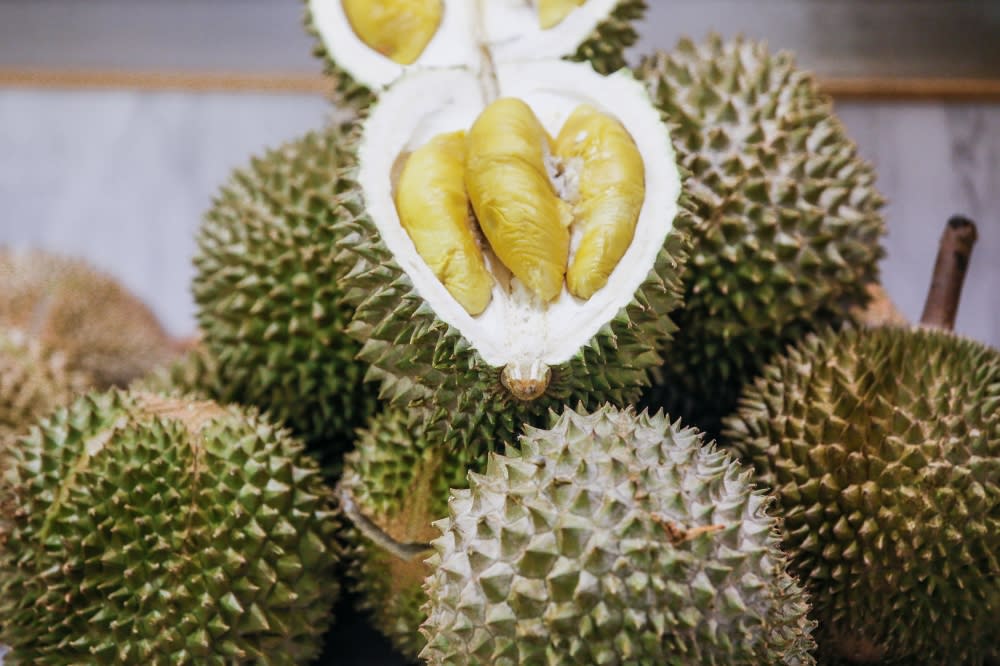China to get fresh, not frozen, Malaysian durians from May 2024

KUALA LUMPUR, Dec 9 — Malaysian durian farmers will be able to export fresh durians instead of frozen fruit to China starting May next year, Deputy Agriculture and Food Security Minister Chan Foong Hin told The Star.
The deputy minister said the export of fresh durians to China will coincide with the 50th anniversary of Malaysia-China diplomatic relations on May 31.
“With numerous farmers and businesses making significant investments in durian cultivation, the upcoming increase in durian supply necessitates exploring new markets,” he was quoted as saying in an interview published today.
He said it is necessary to expand the export of fresh durians to prevent durian prices from spiralling out of control and negatively impact Malaysian durian farmers.
He said Malaysia has submitted the protocol for the exports to China in August and the republic has responded positively.
Chan said to ensure optimal taste and quality, Malaysia would have to export only mature and ripe fruits, which could be a transportation and sales challenge as they would have a shorter shelf life.
As such, he said the export protocol must address the short shelf life.
According to Chan, Malaysia recorded an output of 455,458 tonnes of durians last year, achieving 108.9 per cent self-sufficiency.
He said 10 per cent of the overall durian production is currently exported as frozen durians to China, Hong Kong and Singapore.
Malaysia has been exporting frozen durian products to China since 2011 and frozen whole durians since May 2019.
Durian Manufacturer Association president Eric Chan told The Star that discussions are ongoing with the Malaysian Agricultural Research and Development Institute on the methods of exporting fresh durians to China, which included air cargo and shipping.
He said the proposed packaging options will allow the freshness of the durians to be maintained for a minimum of seven days and up to a maximum of 21 days.
He also said the increase in durian harvest in recent years has made the fruit cheaper, even during the off-season.
As example, he said the price of the much-in-demand Musang King variety can be bought for between RM40 and RM60 per kg, which is almost half of what it used to cost.
Pahang Agriculture and Ecotourism Association secretary Vance Chiang told The Star that Malaysian export durians will have to undergo custom clearance and a four-hour flight to Nanning to be available for sales in China within 48 hours from the point it was collected from the farms.
“That’s why we prefer a pre-sale approach to ensure that the fruit, once transported to China, can be consumed by the buyer at the earliest opportunity,” he was quoted as saying.
He said if Chinese retailers were to pre-order 500 durians, they will be able to ship it over on the next day.
He said once the export protocol between Malaysia and China is finalised, they will be able to plan out the whole export process to prepare for the next durian season which is normally from April to May.
Chiang proposed that the Malaysian Agriculture and Food Security Ministry set up a dedicated durian department to oversee the export of fresh durians.
He also said the ministry should create a unique Malaysian durian logo so that the Malaysian Musang King can be differentiated from those from Thailand and Vietnam.



